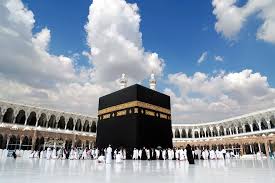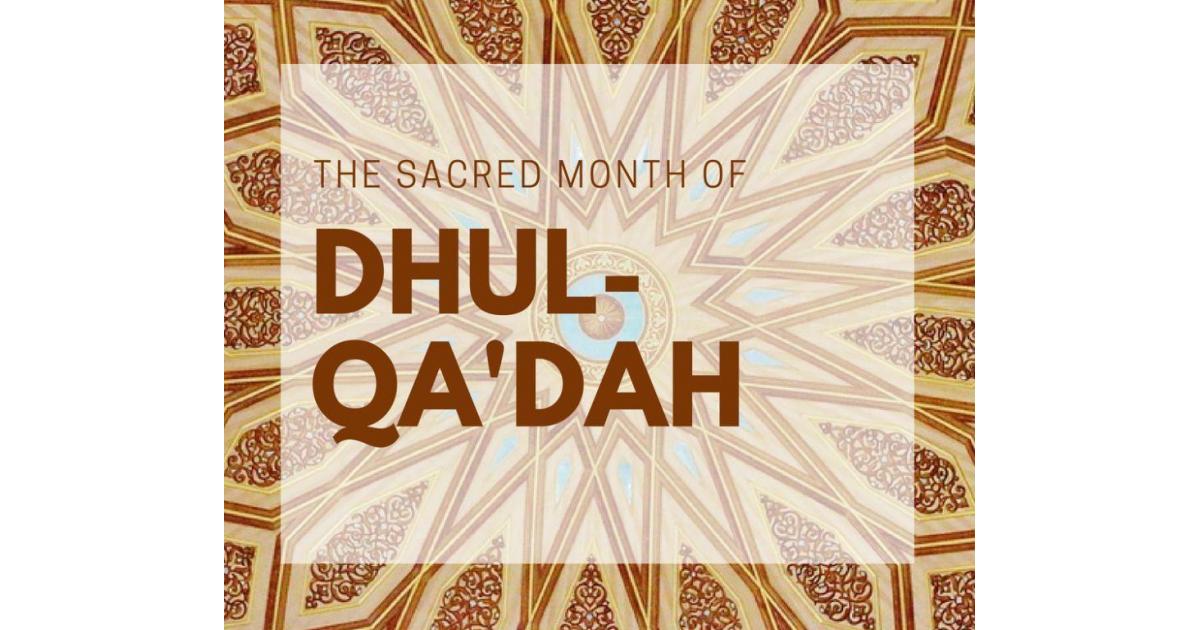Introduction to Shaban
Shaban is the eighth month of the Islamic calendar and holds significant importance in the lives of Muslims around the world. It serves as a time of spiritual preparation for the upcoming month of Ramadan, the holy month of fasting. Understanding the importance of Shaban and its various aspects can help Muslims make the most out of this blessed month. This article, brought to you by thefuturedreams.com. Will delve into the historical context, religious significance, rituals, cultural observances, preparations for Ramadan, notable dates, and frequently asked questions about Shaban.
Historical Context
The name Shaban is derived from the Arabic word “sha’b,” meaning to disperse or separate. This name is believed to have originated because the pagan Arabs used to disperse in search of water during this month. Historically, Shaban holds a special place as it was during this month that several significant events in Islamic history took place.
One notable historical event is the change of the Qibla (direction of prayer) from Jerusalem to Mecca. This event, known as the “Qibla Change,” occurred in the second year of Hijra (migration) and highlighted the establishment of a distinct Muslim identity.
Religious Significance
The religious significance of Shaban is profound. Prophet Muhammad (peace be upon him) emphasized the importance of this month in several Hadiths. One famous narration by Usama bin Zaid mentions that the Prophet observed fasting during most of Shaban. When asked why he fasted so frequently in this month, he replied. “It is a month people neglect between Rajab and Ramadan. It is a month in which the deeds are presented to the Lord of the worlds. And I like my deeds to be presented while I am fasting.”
Another significant aspect of Shaban is the Night of Mid-Shaban (Laylat al-Bara’ah), also known as Shab-e-Barat. This night, which falls on the 15th of Shaban, is considered a night of forgiveness and mercy. Muslims believe that on this night. Allah descends to the lowest heaven and forgives the sins of those who seek His mercy. It is a night of prayer, supplication, and reflection.
Rituals and Practices
Fasting in Shaban is a common practice among Muslims, following the example of the Prophet Muhammad (peace be upon him). While fasting the entire month is not obligatory, it is recommended to fast as much as possible, especially on Mondays and Thursdays.
The Night of Mid-Shaban is observed with special prayers and supplications. Muslims gather in mosques or at home to perform additional prayers (Nafl), recite the Quran, and make Dua (supplication). It is also a time for seeking forgiveness from Allah and making resolutions for the upcoming month of Ramadan.
Another important practice is the recitation of the Salawat (sending blessings upon the Prophet Muhammad). This practice is encouraged throughout the month, especially on the 15th night of Shaban.
Cultural Observances
Cultural observances of Shaban vary across different regions and communities. In some cultures, Shab-e-Barat is celebrated with great enthusiasm. People light up their homes with lanterns and candles, and special sweets and dishes are prepared to share with family and friends.
In South Asia, for instance, it is common to see children and adults visiting graveyards on the night of Shab-e-Barat to offer prayers for their deceased relatives. This practice, although not a religious requirement, reflects the cultural significance attached to this night.
In the Middle East, particularly in countries like Egypt and Saudi Arabia. The month of Shaban is marked by increased religious activities, such as Quranic recitation competitions, lectures, and community iftars (breaking of fast).
Preparations for Ramadan
Shaban serves as a preparatory period for the holy month of Ramadan. Muslims use this time to increase their spiritual activities, such as fasting, praying, and reciting the Quran, to get into the habit of performing these acts of worship consistently during Ramadan.
Spiritual preparations include making a plan for how to make the most of Ramadan, setting personal goals for spiritual growth, and increasing acts of charity. It is also a time for self-reflection and repentance, ensuring that one enters Ramadan with a clean heart and mind.
Physical preparations involve adjusting sleep schedules to accommodate the early morning meal (Suhoor) and the evening meal (Iftar) during Ramadan. It is also a good time to start eating healthier and gradually reducing caffeine intake to avoid withdrawal symptoms during the fasting days.
Mental readiness is equally important. This includes educating oneself about the rules and etiquettes of fasting. Understanding the significance of Ramadan, and preparing mentally for the challenges and rewards that come with observing the fast.
Notable Dates in Shaban
One of the most notable dates in Shaban is the 15th, known as the Night of Mid or Laylat al-Bara’ah. This night is highly revered and is considered a time for seeking Allah’s forgiveness and mercy. Muslims believe that the decrees for the coming year are decided on this night, making it a crucial time for prayer and reflection.
Another important date is the last few days of Shaban, which are often used to make final preparations for Ramadan. This includes organizing one’s home, stocking up on essential food items, and ensuring that all family members are ready for the fasting month.
FAQs
- Q: Is fasting in Shaban obligatory?
A: No, fasting in Shaban is not obligatory, but it is highly recommended. The Prophet Muhammad (peace be upon him) fasted frequently in Shaban and encouraged others to do so.
2. Q: What is the significance of the Night of Mid-Shaban?
A: The Night of Mid-Shaban, or Laylat al-Bara’ah, is considered a night of forgiveness and mercy. Muslims believe that on this night, Allah forgives the sins of those who seek His mercy and decree their fate for the coming year.
3. Q: Are there specific prayers for the Night of Mid-Shaban?
A: While there are no specific prayers mandated for the Night of Mid-Shaban, it is common for Muslims to perform additional Nafl prayers, recite the Quran, and make Dua (supplication) on this night.
4. Q: How can I prepare for Ramadan during Shaban?
A: Preparing for Ramadan during Shaban involves increasing spiritual activities like fasting, praying, and reciting the Quran. It also includes physical preparations like adjusting sleep schedules and mental readiness by educating oneself about the rules and etiquettes of fasting.
5. Q: What cultural practices are associated with Shaban?
A: Cultural practices associated with Shaban vary by region. Common observances include visiting graveyards, lighting lanterns and candles, and preparing special sweets and dishes to share with family and friends.
Conclusion
Shaban is a month of immense spiritual and cultural significance in the Islamic calendar. It serves as a time for Muslims to prepare themselves for the holy month of Ramadan, both spiritually and physically. By understanding the historical context, religious significance, and various practices associated with Shaban, Muslims can make the most out of this blessed month.
At thefuturedreams.com, we encourage you to embrace the opportunities that Shaban offers. Use this time to seek forgiveness, increase your acts of worship, and prepare for the blessed month of Ramadan. May Allah grant us all the strength and dedication to make the most of Shaban and enter Ramadan with renewed faith and commitment.




